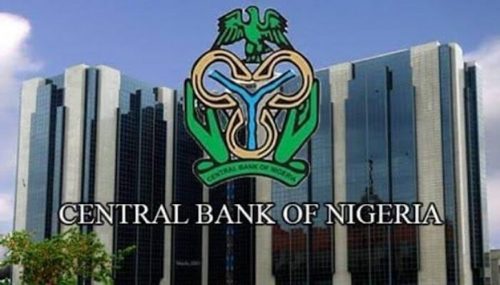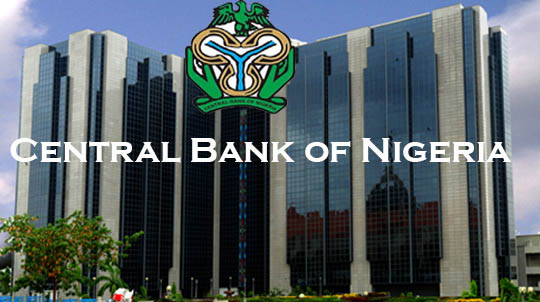The Central Bank of Nigeria (CBN) has announced new minimum capital requirements for banks, aimed at strengthening the financial system and enhancing banks’ resilience to support the growth of the Nigerian economy.
According to a statement released by the apex bank, commercial banks with international authorization are now required to have a minimum capital base of N500 billion. Additionally, the minimum capital base for commercial banks with national authorization has been raised to N200 billion, while those with regional authorization must maintain a minimum capital of N50 billion.
Merchant banks are required to have a minimum capital of N50 billion, while non-interest banks with national and regional authorizations must maintain minimum capital bases of N20 billion and N10 billion, respectively.
The CBN emphasized that all banks are required to meet the new minimum capital requirement within 24 months, starting from April 1, 2024, and ending on March 31, 2026. The purpose of this recapitalization is to stabilize banks’ capital structures and enhance their resilience.
Banks are encouraged to consider various options to meet the new capital requirements, including injecting fresh equity capital through private placements, rights issues, mergers and acquisitions, and upgrading or downgrading of license authorization.
The new minimum capital requirement comprises paid-up capital and share premium only, excluding Additional Tier 1 Capital. Banks that fail to meet the Capital Adequacy Ratio (CAR) requirement will be required to inject fresh capital to regularize their position.
For proposed banks, the minimum capital requirement shall be paid-up capital, with the new requirement applicable to all new applications for banking licenses submitted after April 1, 2024.
All banks are required to submit an implementation plan by April 30, 2024, indicating the chosen options for meeting the new capital requirement and timelines for various activities. The CBN will monitor and ensure compliance with the new requirements within the specified timeline.
The move by the CBN aims to enhance the stability and resilience of the banking sector, ultimately contributing to the growth and development of the Nigerian economy.










